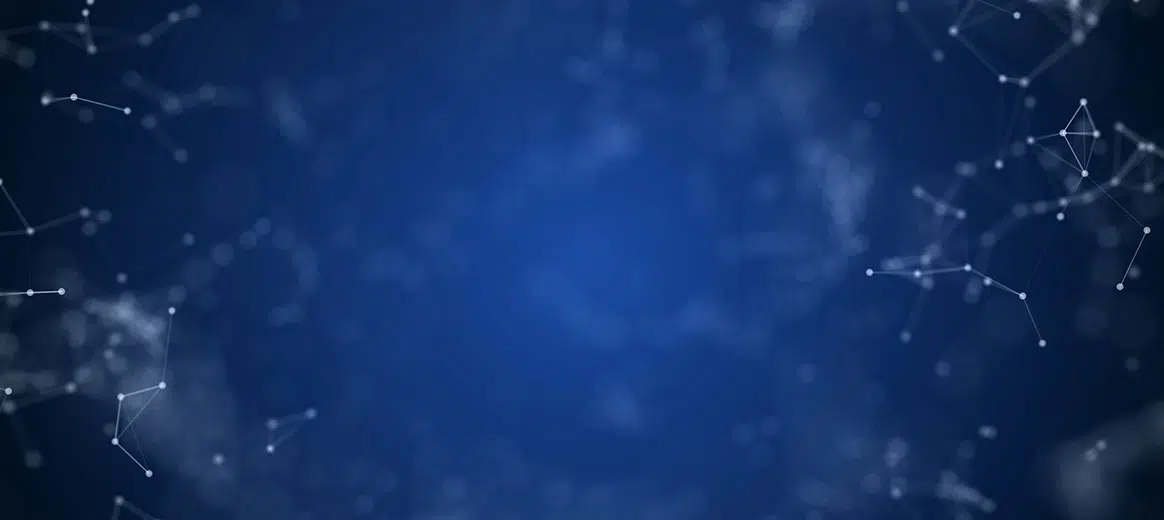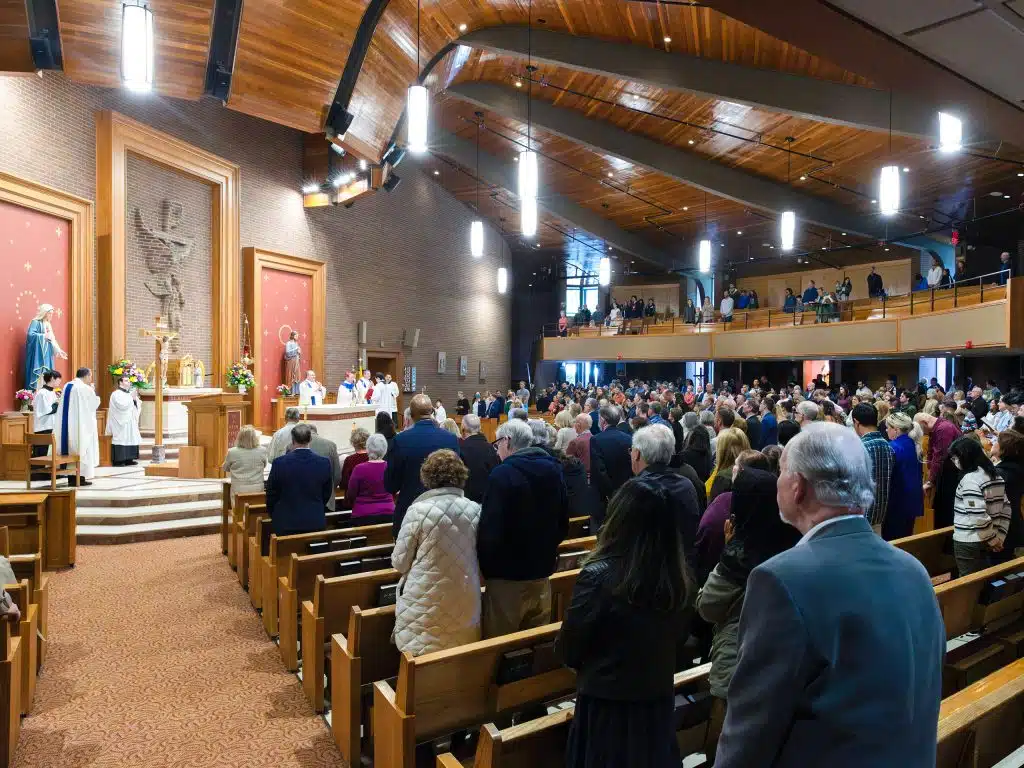Whether God exists is a fundamental question in life and one we often seek to answer personally and in conversations with those we know and love. Many people find objective evidence of God’s existence in what’s been called “The 3 Cs”: cosmos, consciousness and conscience.
The sudden and explosive expansion of cosmic space and time at the Big Bang means that the universe had a beginning. This is compelling evidence for a transcendent creator outside space and time who “ignited” the Big Bang and brought the universe into being.
After such a violent beginning, it seems reasonable to expect that the universe would behave in a random, chaotic and unpredictable manner. However, the universe is surprisingly well-ordered and predictable, governed by the laws of nature. It’s also amazing that these physical laws are intelligible and can be mathematically expressed so simply and elegantly (e.g., E=mc2, F=ma). Only an intelligent and creative mind could have caused the harmony, order and elegance we find in the governing principles of the universe.
There is further evidence from physics of the “fingerprint of God” in the universe. Scientists have discovered that the values of the many fundamental constants of the universe are all set perfectly as needed for life to exist, and that even a small change would mean the universe would be life-prohibiting. For example, an infinitesimally small change in the gravitational force constant or the electromagnetic force constant would make the existence of stars like our sun, and hence life on earth, impossible. Many believe this fine tuning of the laws and forces of nature is compelling evidence that the creator of the universe must have set all these constants just so in order for us to be here.
The presence of human consciousness also points to the existence of God. The many living creatures who are not conscious survive just fine. Therefore, our enhanced consciousness indicates that humans are destined for more than mere survival. For example, humans appreciate beauty and discover the scientific principles that govern the universe. And, of all living creatures only humans have an innate desire for full knowledge and perfect love. But, since perfect truth and perfect love don’t even exist here on earth, why do we seek them? It makes no sense for us to seek that which is unattainable. We only seek that which is attainable, if not here, then in the hereafter. What we seek is God, who is the perfect truth and perfect love.
Humans also have a free will that comes with our consciousness. Since humans have a free will, we should be able to do whatever we please. However, our actions are guided by the morality of our conscience. Why do people all over the world intuitively know the difference between right and wrong? The human conscience is also not necessary for survival. Animals survive just fine without knowing right from wrong. The most compelling reason for humans to be able to know right from wrong is that we were created to be moral beings. We intuitively know the difference between right and wrong and are supposed to use our free will accordingly. This indicates that humans, unlike animals, are going to be held accountable for the actions of our free will as guided by an informed conscience.
Finally, it is normal to wonder why God doesn’t unquestionably prove his existence to us. This can be attributed to the role of faith and free will. It does not take faith to accept the existence of the sun and the moon. They are plain to see. God is not plain to see because he is immaterial. God has, however, put us in an environment that is filled with evidence of his existence (e.g., “The 3 Cs”). In this way, God offers us an invitation to believe in him, but respects our free will to choose to accept or reject that invitation. In other words, God has provided enough evidence of his existence to convince anyone willing to believe, yet also has left some uncertainty so as not to compel the unwilling. God leaves room for unbelief because it’s the only way to leave room for true love. For love, to be real, must be freely given. It cannot be coerced. And God wants us to freely choose to know, love and serve him.
Hemler is president of the Catholic Apologetics Institute of North America.



The Good Shepherd